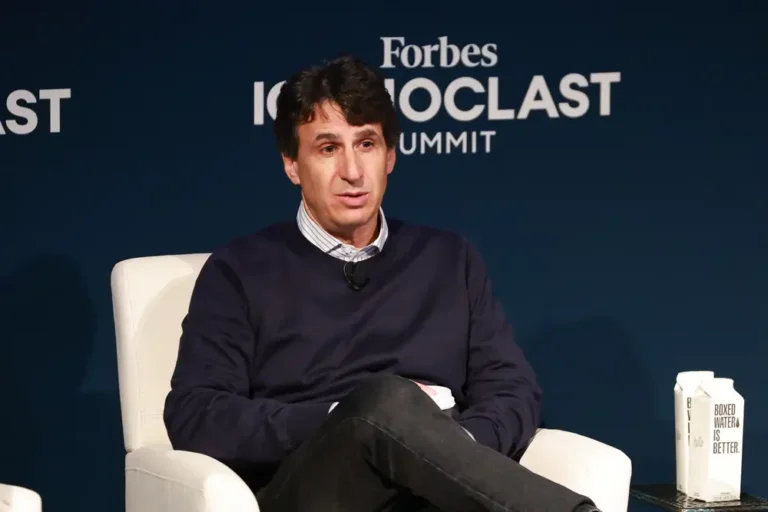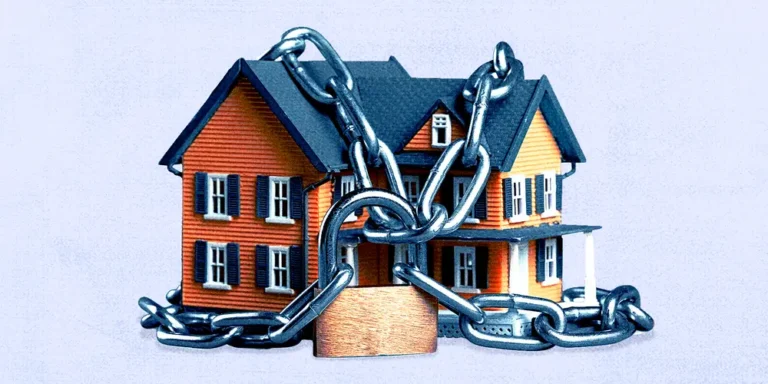A real-estate investor explains how he got a 2.75% mortgage amid 7% rates

In 2022, Michael Hyun was worried about his household’s tax liability as he and his spouse, Eileen, earned a combined $422,000 in income.
But they had one advantage: Eileen was a real-estate agent, which qualified her as a real-estate professional under tax law. This provision allowed them to use their properties to reduce taxes by filing jointly and posting their real estate expenses as business expenses. Doing this enabled them to reduce their federal taxes by 99%, including what Hyun owed from his W-2 income. In a previous interview with B-17, he explained the process, including how non-real estate professionals could use a similar process.
They wanted to continue purchasing property to replicate the tax benefits yearly. However, in 2023, they ran into one problem: mortgage rates were above 7%, making homeownership unaffordable, even if they rented the house for cash flow.
Shopping at different banks and mortgage brokers wouldn’t yield much difference in rates. So Hyun tried creative financing, an idea he got after following a YouTuber and real estate investor, Pace Morby. The influencer had a Facebook page where a community of real estate buyers and sellers could connect. There, he found wholesalers, middlemen that buy property under contract to sell the contracts and transfer the property to the buyer.
“Wholesalers basically post their deals there. And if you like them, then you’ll email the wholesaler, and they will basically get you to buy their contracts,” Hyun said. “And when I say contract, I mean basically they already have written an agreement with the seller saying that they will buy the house. And that contract, the wholesalers are selling to me for about $10,000.”
Hyun used this method to locate a property that could be purchased using what’s called “subject-to”, when the buyer takes over the property ownership and the mortgage tied to it.
In Hyun’s instance, It was a fairly new, single-family 3,000 square-foot home built in 2022 in a small town in Texas at a sale price of $475,000. The homeowner was behind on payments. So, instead of going into foreclosure, they sold it to Hyun and transferred the mortgage, which had a balance owed of $368,486 at a 2.75% mortgage rate. For Hyun, this meant a total monthly payment of $2,844, according to records viewed by B-17.
“With a property like this, it would not cashflow if we had gotten the 7% interest rate, meaning the rents would not pay for our mortgage and expenses, and we would be negative every month,” Hyun said. “So it just isn’t an option unless you get really good financing terms.”
He paid the seller $16,735 in cash and used carry-back financing for the remainder, which is when the seller finances the gap by accepting monthly payments until the owed amount is reached.
Hyun noted that the biggest risk with subject-to is something called the due-on-sale clause, a provision in the mortgage contract that allows the lender to call in the loan if the property title is transferred. The clause isn’t commonly enforced, but a lender does have the right to exercise it.
“What that means is that the mortgage company will basically say you need to pay off the loan immediately, and they’ll give you a couple months’ notice,” Hyun said.
Hyun addressed this by working with an attorney to transfer the title to a land Trust or a Living Trust. It requires multiple steps and considerations. However, this is not a required part of the process.






